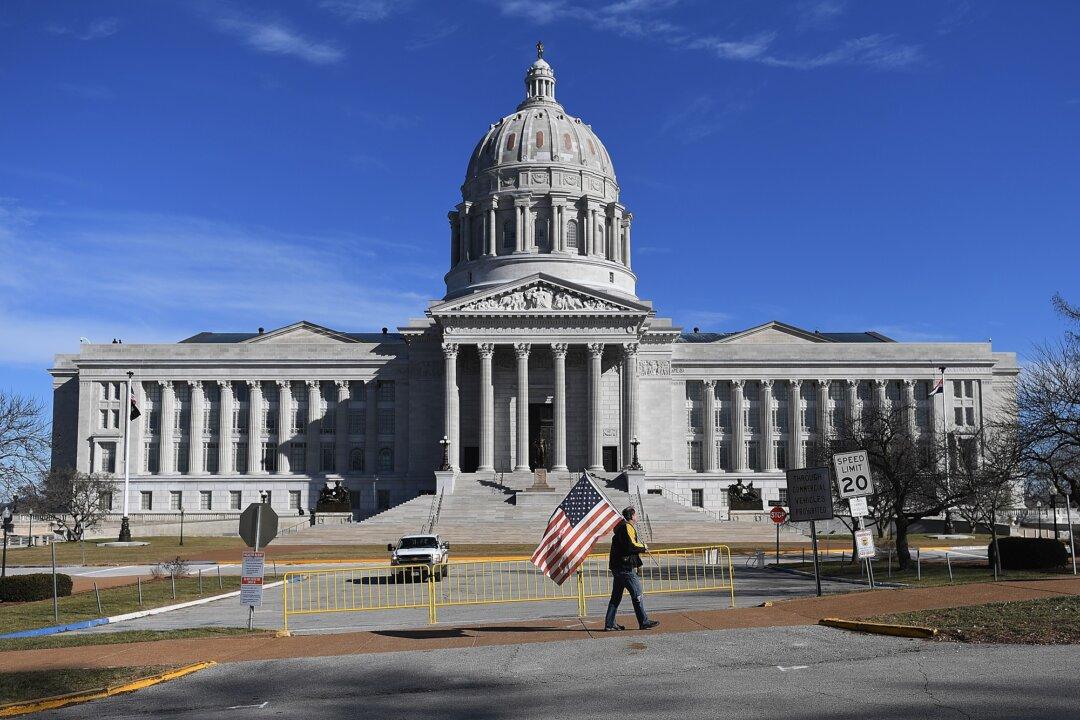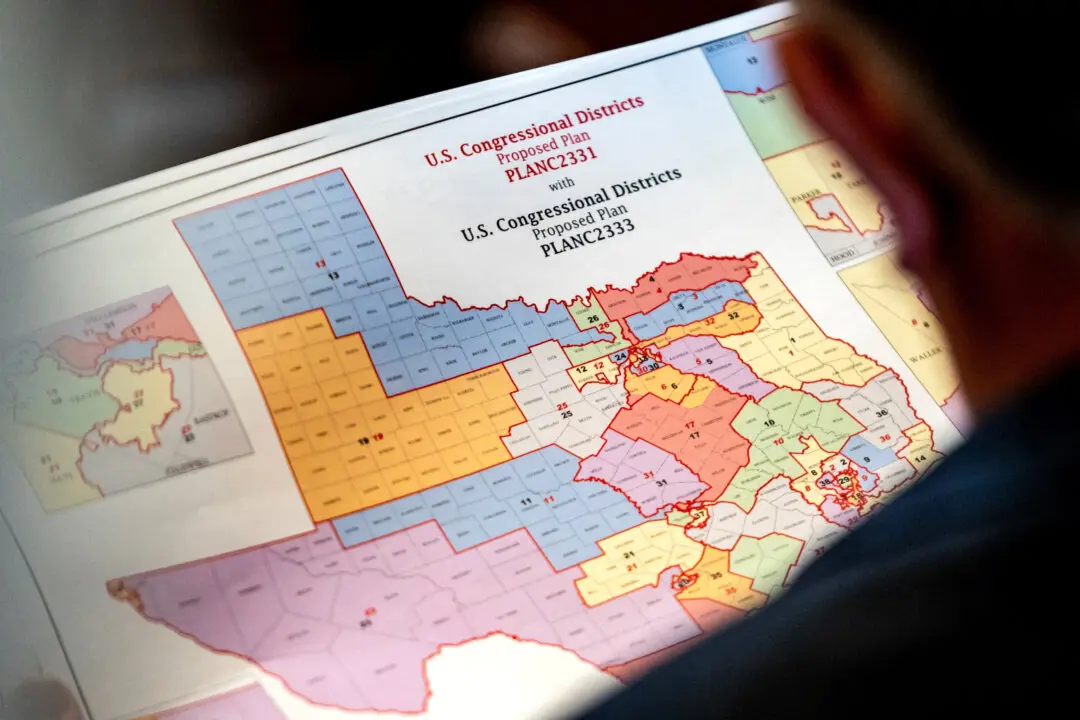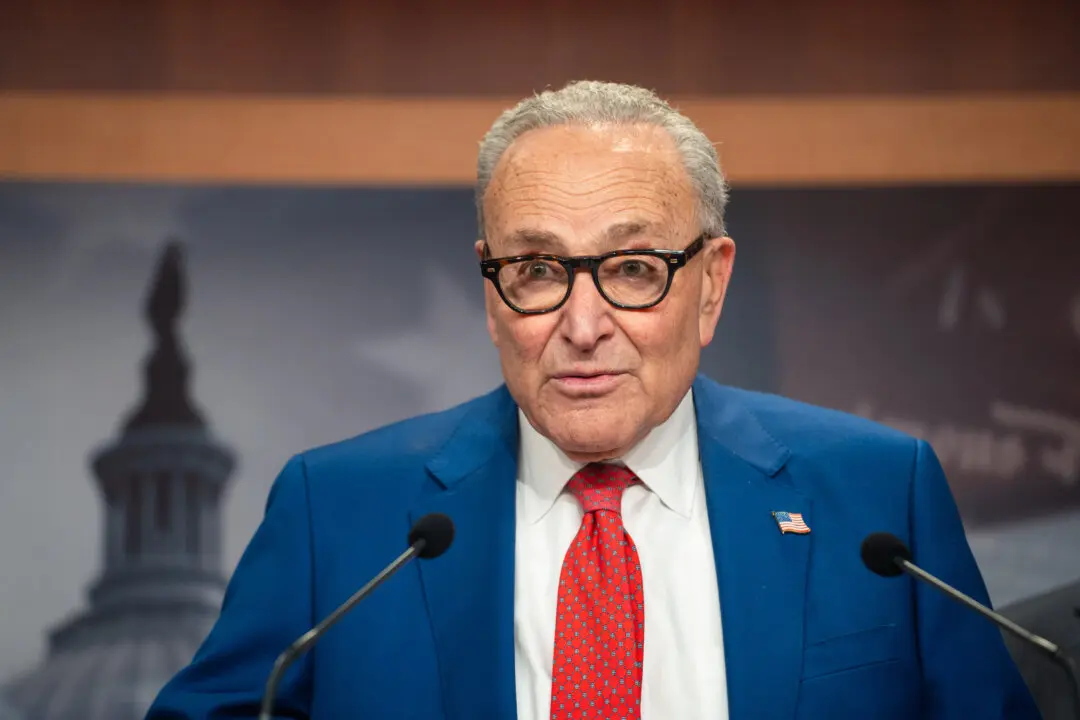A Missouri law that would have penalized police for enforcing federal gun laws was ruled unconstitutional by a federal judge Tuesday, handing a win to the Biden administration Department of Justice that filed suit against the law last year.
The DOJ alleged the law was undermining federal drug and weapons investigators by placing heavy fines of up to $50,000 on police departments if they “infringed” on Missourians’ Second Amendment rights by following any federal laws.





